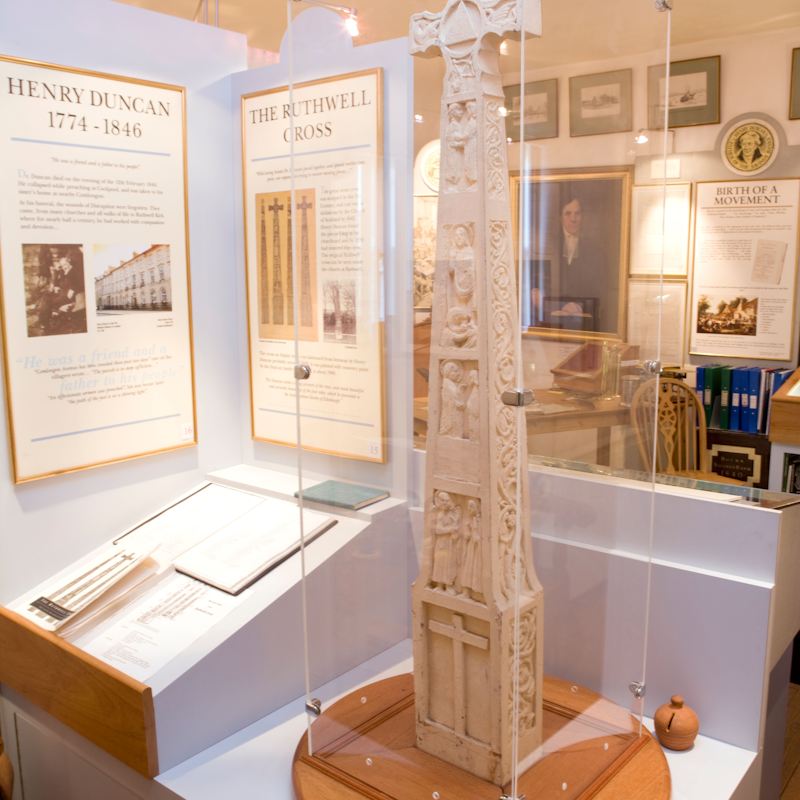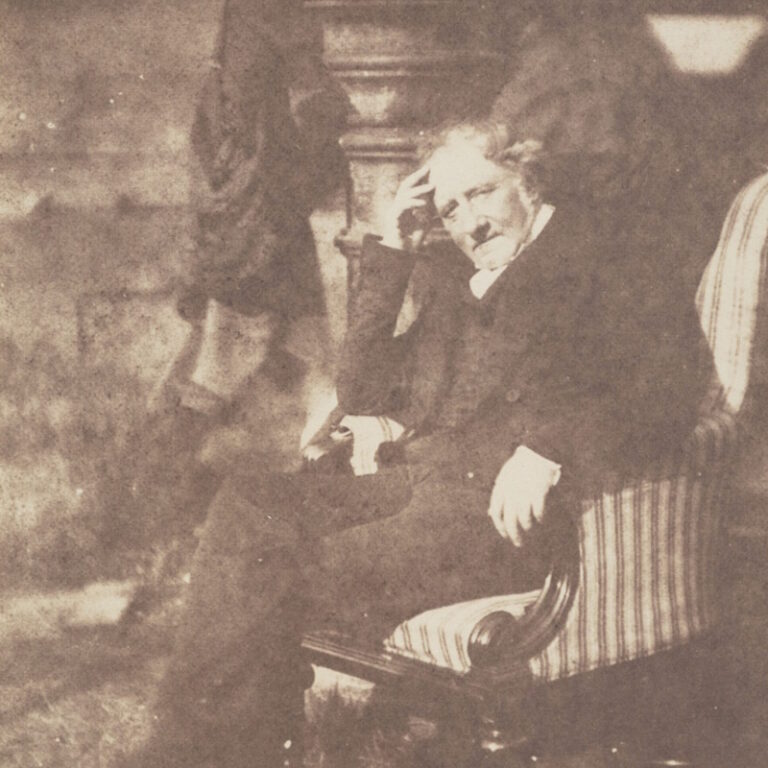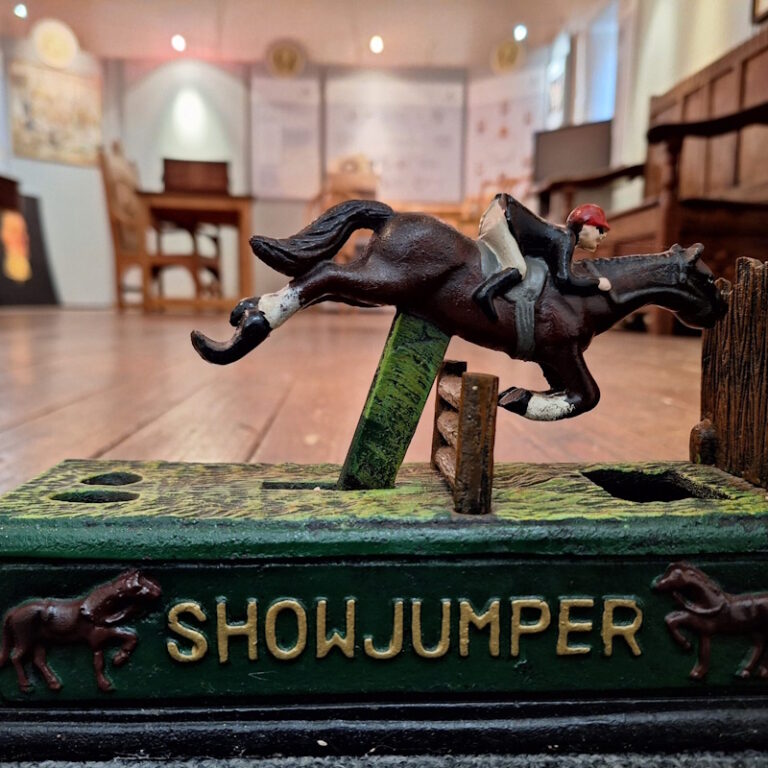Henry Duncan was the first to admit that when he decided to study for the Ministry, it was not the souls of his prospective parishioners which drew him. Rather it was his youthful enthusiasm and belief that he could change their world. Little did he know that he would change the whole world. From a choice of three parishes he chose Ruthwell, the poorest parish in which to sow the seeds of self improvement.
It was five years into his ministry that he listened to some Quakers preaching. That experience aroused his spiritual consciousness and influenced him for the rest of his life.
This was not his first meeting with Quakers. When he worked in Liverpool, he lodged with Dr James Currie (the first biographer of the poet Robert Burns). Among Dr Currie’s friends were Quakers and other Dissenters, whose literary evenings the young Henry Duncan was privileged to attend.
Throughout his life as a Minister of the Church of Scotland, Henry Duncan was troubled by patronage – the right of the heritors or landowners to impose a Minister on the congregation. He openly opposed this State interference, risking unpopularity with influential members of society. He sided with the evangelicals but was desperate to avoid a split and used his many contacts to reach a compromise with government. St Andrews University conferred on him the degree of Doctor of Divinity and he became Moderator of the General Assembly of the Church of Scotland. However, when the situation within the Kirk reached crisis point he did not hesitate. Together with his two sons, his son-in-law and his step-son, he left the established Kirk and joined the Free Church of Scotland. As a family this was materially a disastrous move. They lost their living, their home – and they had to get out of the parish. They could no longer send their children to State schools. The hardship troubled him not at all, although the younger members of his family felt the privations strongly.
Within two years he had built a new Church and Manse at Mount Kedar, in the adjoining parish to Ruthwell. Ill health forced him to retire to Edinburgh – at least for a few months. Back on the road again, he travelled to Manchester and Liverpool to raise money for the Free Church. On his way home to Edinburgh he stopped off at Ruthwell and while delivering a sermon there, he suffered a stroke, dying two days later in his beloved Ruthwell, where he had served for fifty years. The year was 1846 and he was seventy-two years old.
During his time as the Moderator of the General Assembly of the Church of Scotland, he restored the magnificent Ruthwell Cross, which is arguably the most discussed medieval monument in western Europe. The late seventh century cross is one of the finest Anglo-Saxon crosses in Britain and there is a wax replica used by Duncan on display in the museum, while the original has been restored to its rightful place in Ruthwell Church.



